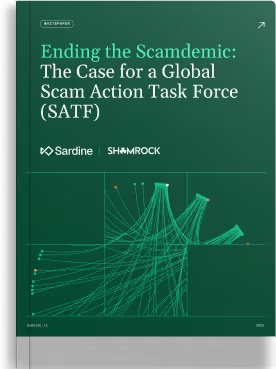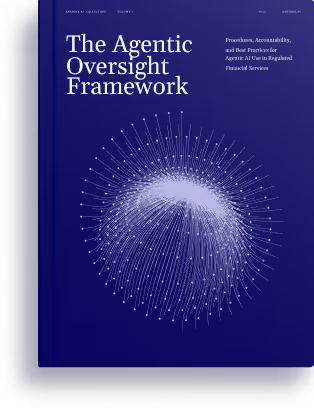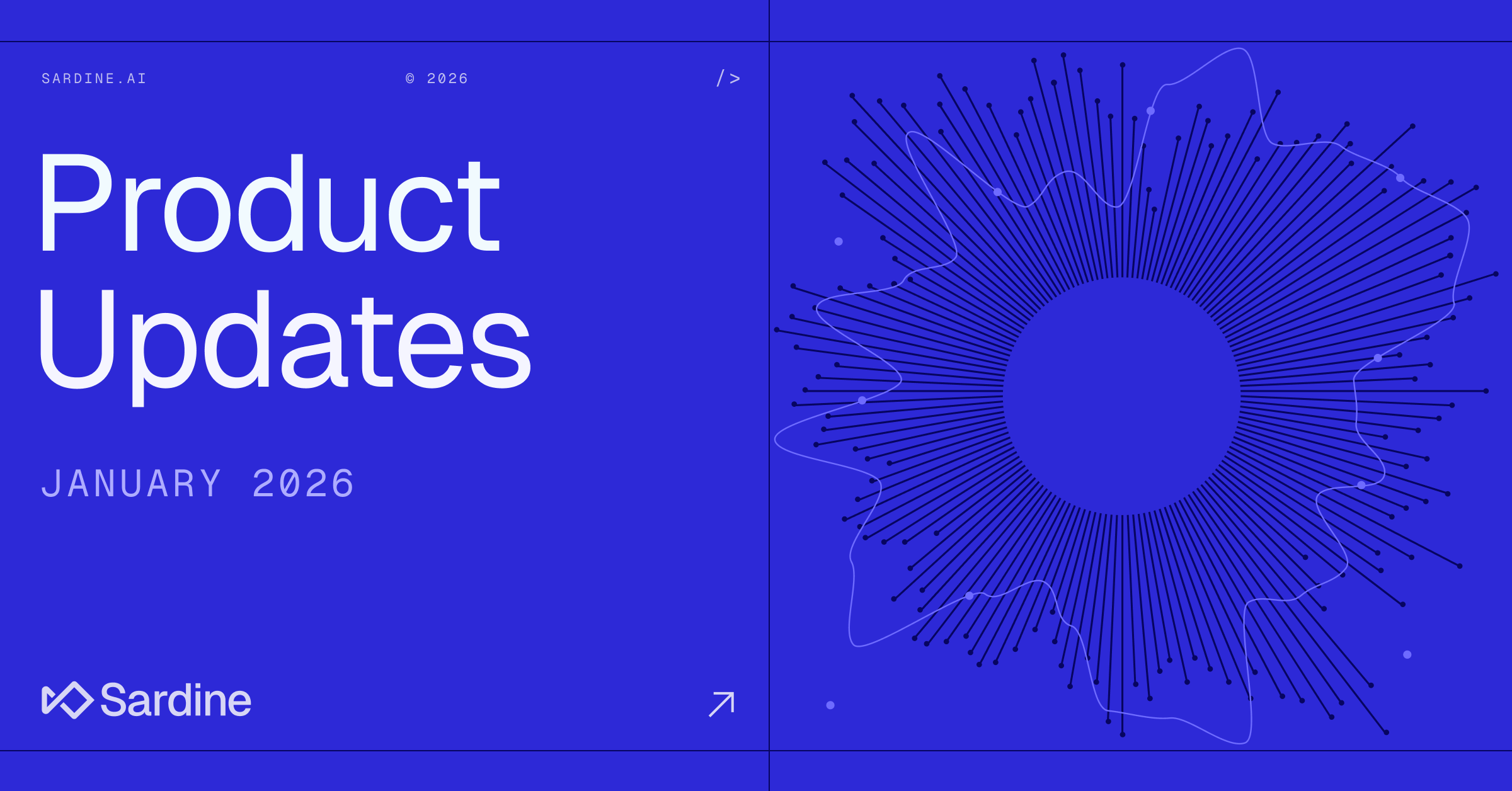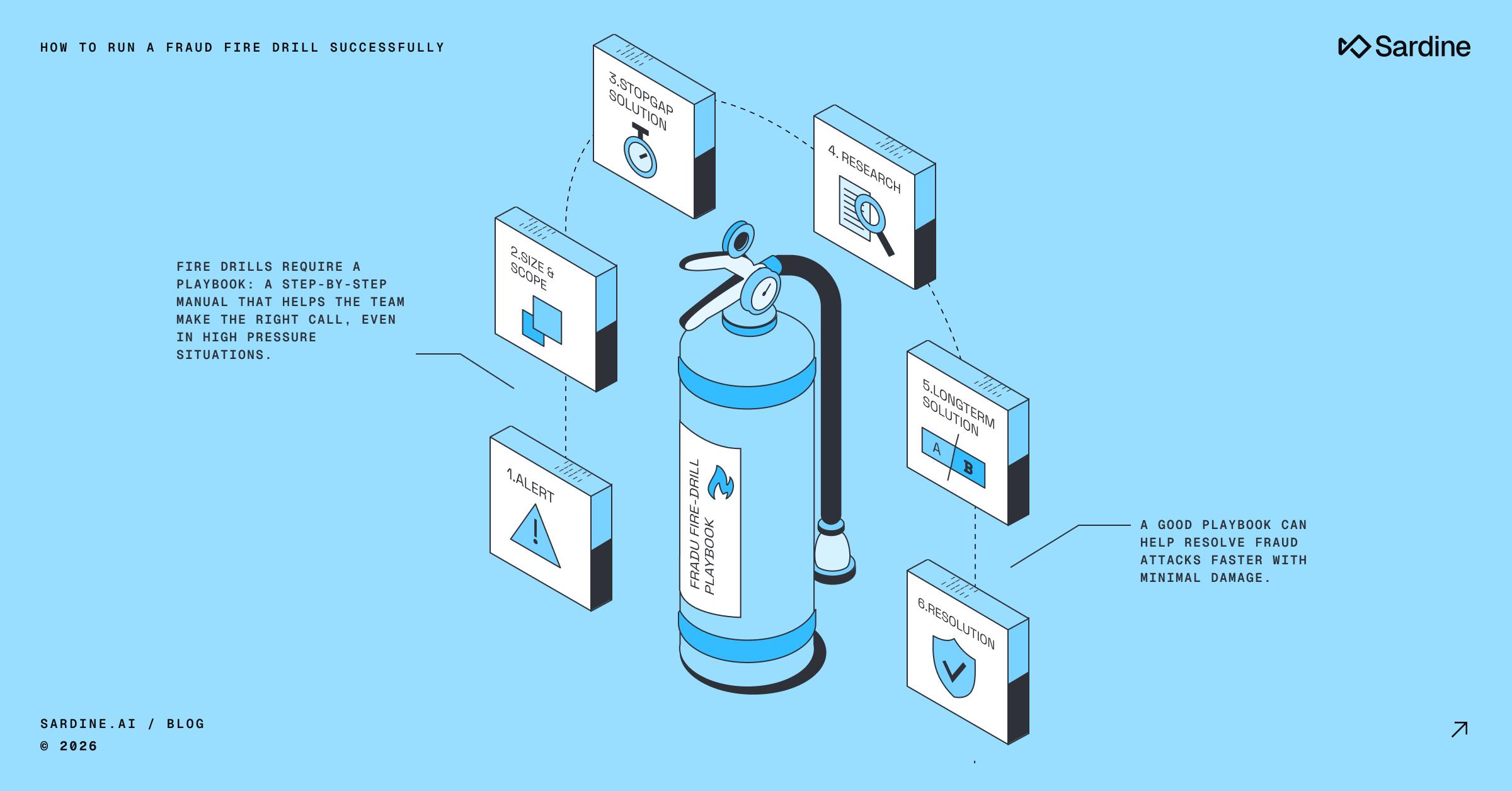Sardine Risk Platform Updates - September 2023
Hi, fraud and compliance experts!
We’ve been working hard to build meaningful updates to our risk product and have some updates from the last month below. Please let us know if you have questions by responding to this broadcast or through your Sardine Strategic Account Manager (SAM).
Summary
- 💼 L2 Case Management
- 🔌 Customer Details API
- 👤 Customer Detail Enhancements
- 📑 Rule Changelog
- 📊 Rule Backtesting Enhancements
- ♠️ Spade Enrichment for Issuing Risk
New Features
1. Case Management

This new product suite extends Sardine’s customer, device, and transactional review queues with standalone case management capabilities if aggregating disparate entities. This product is designed to augment or replace the need for case management and activity reporting tools.
2. Customer Details API

As we continue to expand our API capabilities, we have introduced a new /v1/customer-details endpoint for async lookups. This endpoint lets you retrieve customer details asynchronously for your internal systems' logic. The API accepts unique Sardine Customer Identifiers and returns responses, including customer information, payment methods, documents, risk indicators, etc.
For sample requests and responses, please review the documentation here.
3. Customer Detail Enhancements

This update includes enhancements to our customer details page, including:
- A new user header that offers a quick snapshot of the user, such as:
- The sum of approved and successful transaction amounts made in USD
- The sum of card chargebacks and/or ACH returns in USD
- Side-scrolling navigation that enables quick jumps to different widgets of data essential for investigators (e.g., Bank Details)
- Redesigned widgets for each data section for a more polished investigative experience
4. Rule Changelog

This update includes an introduction to the new rule changelog feature, accessible by clicking into any user-created rule, then navigating to the table under “Rule Stats,” and clicking any icon under the “Updates” column to show data around the rule at that point in time.
You will now be able to expose the following information of any user-created (non-Sardine created) rule, including:
- Rule history and how the rule has changed over time
- Analyst(s) who edited the rule into its current form
- A breakdown of features that power the logic of the rule
- Action tags
5. Backtesting in Rule Creation and Rule Editing

This update includes enhancements to rule backtesting. Sardine clients can backtest rules in the Rule Addition and Edition flows before saving the rule as Live or Shadow against their historical data and calculating metrics such as flag rate, precision, and recall. This update also includes the ability for clients to get individual session keys that would have been caught by the rule condition.
6. Spade Enrichment for Issuing Risk
Sardine now supports enriching transactions sent to the v1/issuing/risks API with the Spade API, which provides granular merchant, category, and geolocation details.
This information solves a problem card issuers face when assessing transaction risk: the data received back from the network and the processors are often noisy, geolocation data is lacking, and the same merchant can be represented in different ways.
For example, a card swiped in one Walmart location can have “Walmart” in the merchant field in the transaction payload. In contrast, another returns “Walmart Inc”. Having no consistent identifier for a merchant and no consistent way to geolocate the transaction makes it challenging to create merchant or location-based aggregations necessary for risk assessment.
Card issuers using Sardine to conduct transaction monitoring can now take advantage of the sanitized and consistent merchant information and geolocation data offered through Spade to increase the accuracy of their risk postures.



%20(1).avif)








